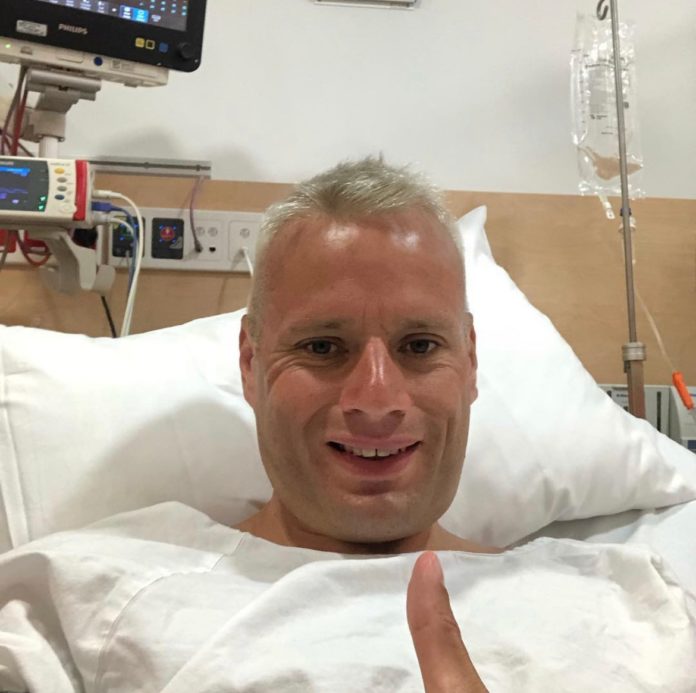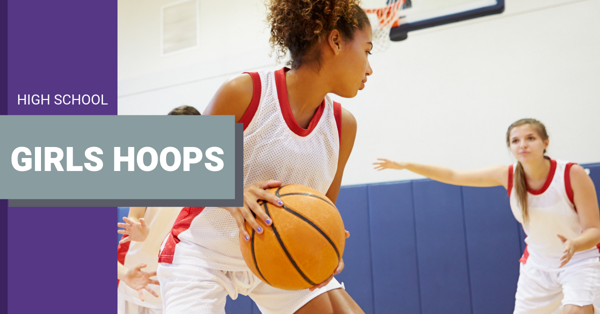Stark has Addison’s disease, an autoimmune condition that’s led to multiple health scares, including pancreatitis, collapsed lungs, a tracheostomy, and two induced comas.
Following a four-month hospital stay in 2006, he had another near-death experience at the end of 2017, which left him traumatised.
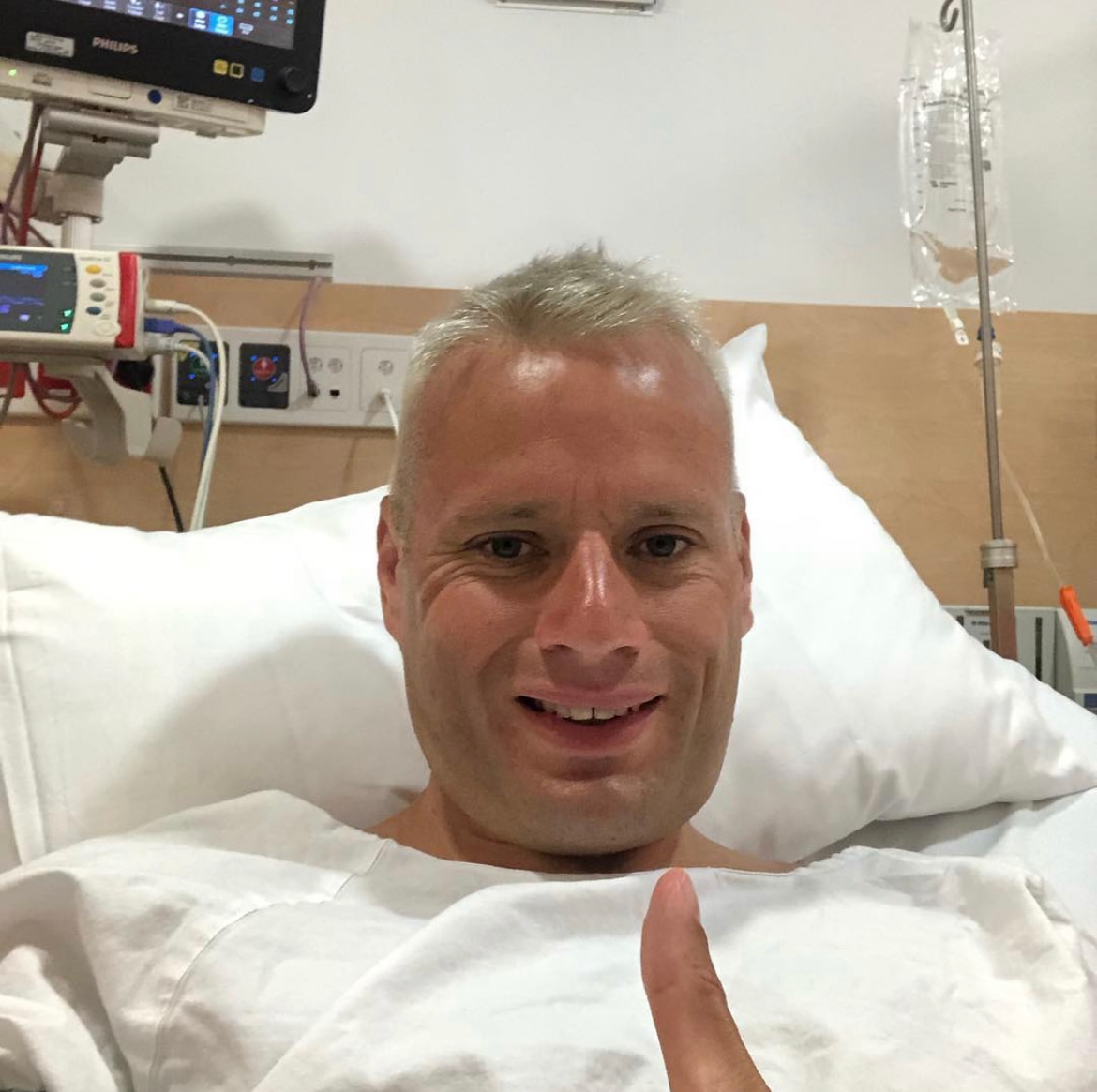
Source: Supplied/Martin Stark
But the ordeal also led to him picking up the gloves for the first time in 2018.
“As a way of really combating the post-traumatic stress disorder, I had a few self-defence classes. The second class just happened to be boxing,” he said.
Having once viewed it as “barbaric”, Stark now credits the sport with helping his physical and mental recovery.
But as a gay man, it’s the affirming community around the sport that’s really helped inspire him.
“I’ve found boxing very inclusive and welcoming,” he said.
“I think there’s a lot of focus on the elite sport, the professional sport. But really sport is about that grassroots community amateur level, and I say boxing is absolutely thriving and we have people passionate to want to get involved in the sport and make a difference.”
These gay boxers found strength and support in the sport
Stark had aspirations to compete at the next Gay Games, scheduled to be held in Hong Kong in 2023, but was left disappointed when boxing was dropped from the lineup.
So he instead began work planning the World Gay Boxing Championships, a tournament designed to showcase the sport as welcoming to all genders and sexualities, with the aim of growing its popularity in the LGBTIQ+ community.
“What I want to do is just show that LGBTIQ+ people and their allies belong in the ring and can be world boxing champions, can be Olympic champions, and can be involved in the sport which I love,” Stark said.
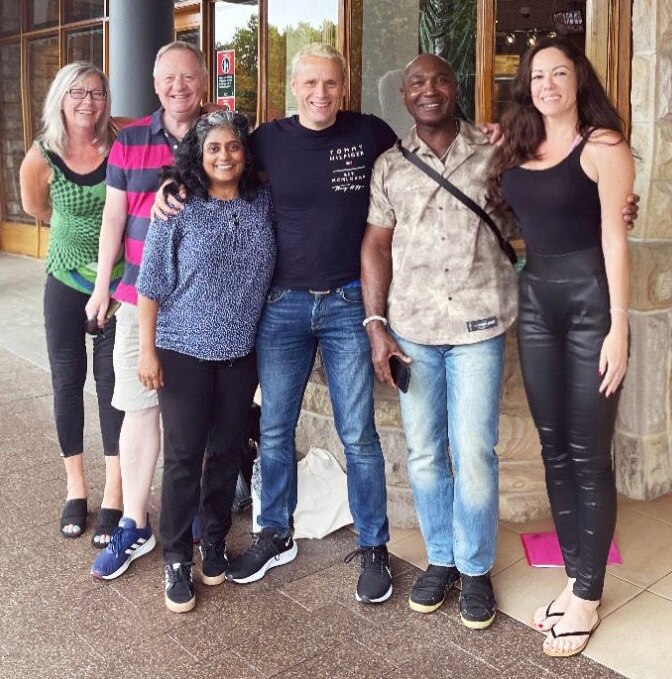
Source: Supplied/Martin Stark
With the help and support of colleagues, the WGBC is now set up as a not-for-profit organisation with a board of directors.
The group has the backing of governing bodies in Australia and across the world, and has been endorsed by World Boxing Council president Mauricio Sulaimán and Bruce Silverglad, the owner of the historic Gleason’s Gym in New York, where Muhammad Ali once trained.
More than 70 competitors from around the world have expressed interest in taking part in the event, with the first meet locked in February 2023 at Sydney’s Randwick Racecourse, coinciding with the city hosting the World Pride event.
And Stark expects it to be just as colourful, flamboyant, glittery and proud as the likes of Mardi Gras.
“LGBTQ+ people put on the best events on the planet. Imagine what we’re going to do with boxing!”
Conquering anxiety
One of the fighters hoping to step into the ring at the 2023 WGBC event, Shaun Jacobs comes across as a softly spoken, gentle figure.
But as soon as the gloves come on, he’s an intimidating force with plenty of punch behind his hooks.
Like Stark, Jacobs is a recent devotee of boxing, picking up the discipline to help overcome his feelings of social anxiety and depression.
“Boxing brought me out of my shell and actually made me more confident. Because it is such a sometimes in-your-face sport, you have to kind of step outside your comfort zone,” he said.
“It pushes me to my limits, but in a good way.”
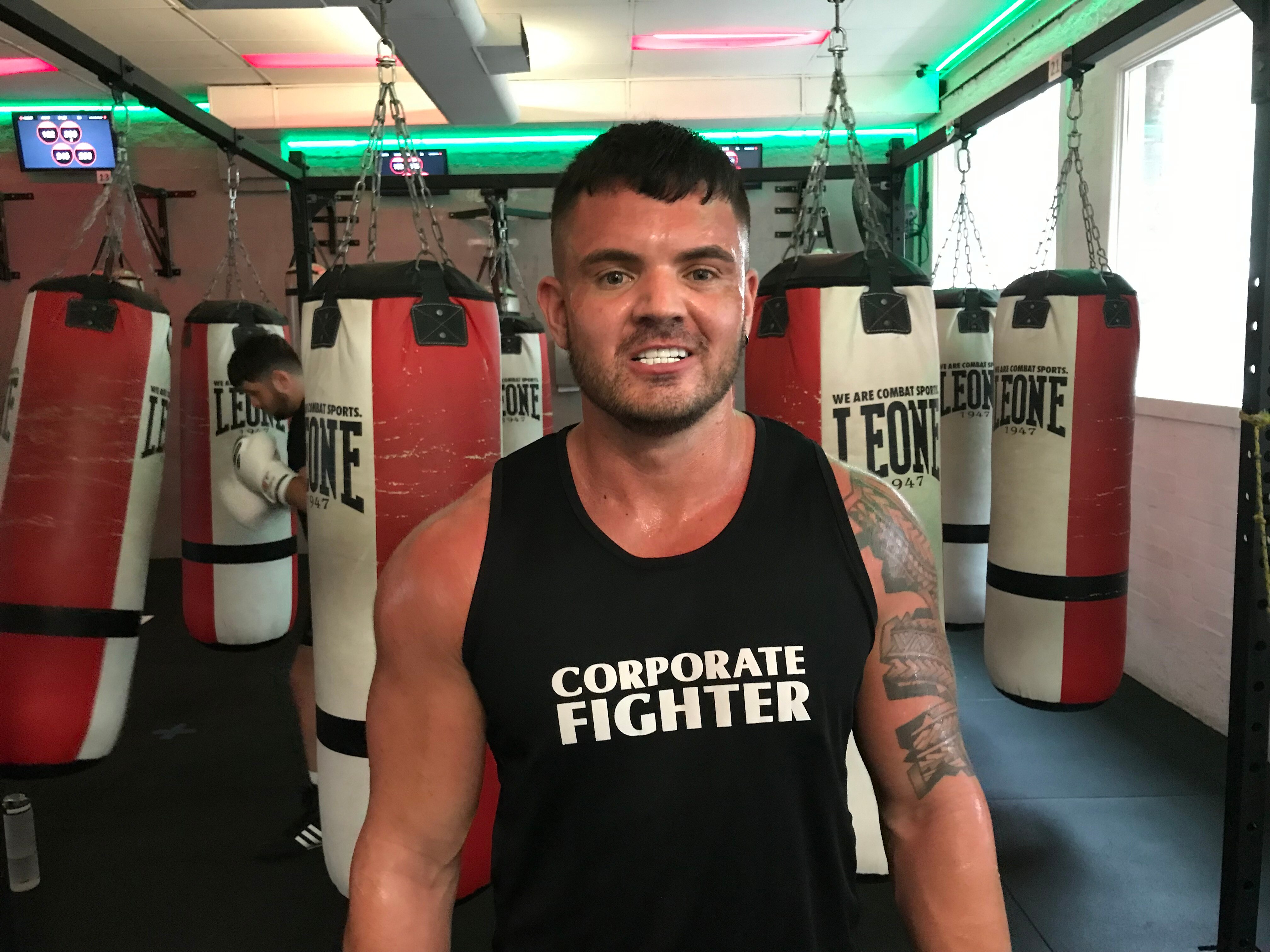
Source: SBS News
Jacobs grew up in the coastal town of Gisborne on New Zealand’s north island, where he admits he wasn’t comfortable being out until he moved away.
But now living proudly as a gay man, he’s found some of his biggest support in the boxing ring has come from his hometown.
“It just shows that there actually was loving support there the whole time,” he said.
“Last time I went back, people stopped me in the street to say they watched the fight, which was a real nice thing, and it just shows that you’re a lot more accepted in the community [than you may think].”
Jacobs is now training twice a day at the Corporate Fighters Club in Sydney’s Surry Hills, ahead of another bout in December, where he’ll be raising funds for BeyondBlue and the WGBC.
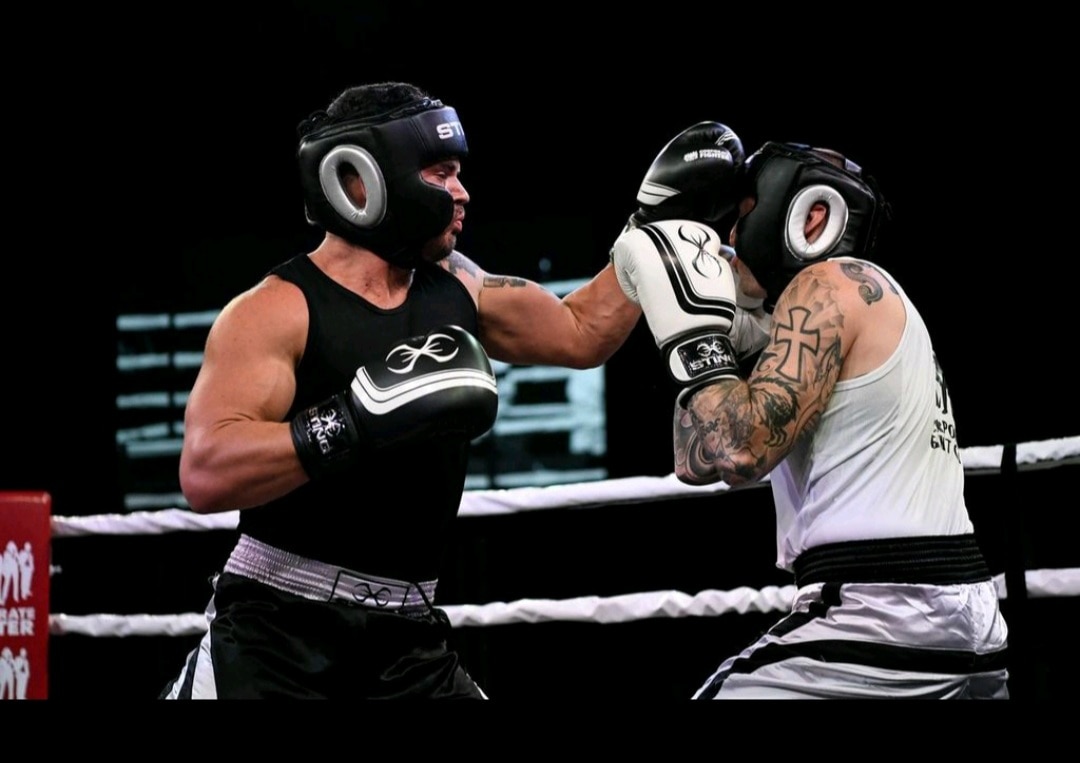
Source: Supplied/Shaun Jacobs
The 33-year-old said his own experiences in the boxing community have been positive, finding an open and accepting environment at his club.
But he admits for many others in the LGBTIQ+ community the sport – dominated at the elite level by a macho, abrasive culture – can seem intimidating.
“I know for a fact that there aren’t too many gay boxers out there just because of the fear of joining such a what is described as a masculine sport. I think that’s probably the biggest barrier,” he said.
“A lot of my friends have reached out to me and other people in the community, wanting to join boxing, but are too scared to take that first step.”
He’s now got plans to start a local club as a safe and welcoming space for LGBTIQ+ people and their allies.
“We’re hoping just to get more people even, you know, to do a class on the sport, just to see that it is not as scary as what is put out there sometimes.”
Changing attitudes
Across elite men’s sport, there are still only a handful of athletes who have been open about identifying as being part of the LGBTIQ+ community, and fewer still who have felt comfortable disclosing such details of their personal lives while actively competing on the field.
But there is evidence that it is slowly becoming easier to be open.
When Australian footballer Josh Cavallo came out as the first openly-gay active male footballer last month, he received widespread support from around the world.
Other athletes are also increasingly showing their support as allies to the community.
“I think hearts and minds are changing. There’s been more visible allyship, thankfully … we need to see more of that,” Stark said.
“[But] there are still high levels of homophobia and racism in sport, especially on social media.”
Combating that, he said, requires a “real focus” on changing attitudes at the grassroots amateur level, “because that’s where the real change happens.”
“Once we start making those differences, we’re going to see more [support] at the elite level,” he said.

